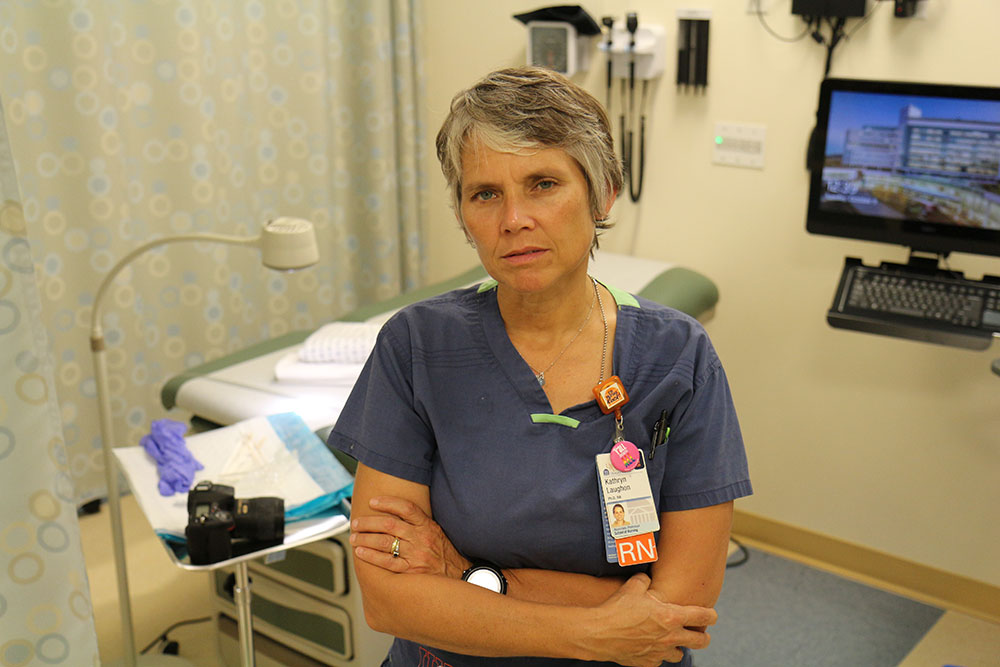
New Funds for a New Take on Compassion Research
Compassion has been a core, distinguishing value at the school
since the founding of the Compassionate Care Initiative more than a decade ago—and long before. Defined as the ability to recognize and take action to relieve the suffering of others, compassion is a basic patient right and a foundational component of quality health care. At the School, it’s embedded in everything we do: how we teach, practice, serve, and research.

 The School is a pioneer in this work and well poised to enhance the visibility and dissemination of high-quality, high-impact research related to compassionate care. With an expanded scale and scope in compassionate care research and new seed funding for research pilot projects with a strong promise of achieving larger external grants, the School will move from prominence to preeminence as its scholars seek to advance the science of compassion in healthcare.
The School is a pioneer in this work and well poised to enhance the visibility and dissemination of high-quality, high-impact research related to compassionate care. With an expanded scale and scope in compassionate care research and new seed funding for research pilot projects with a strong promise of achieving larger external grants, the School will move from prominence to preeminence as its scholars seek to advance the science of compassion in healthcare.
“We aim to broaden the lens of how we think about compassionate care research,” explained Virginia LeBaron, the Kluge-Schakat Professor of Compassionate Care and a nurse scientist. “Traditionally, the School’s efforts in this domain have primarily focused on individuals—teaching students to incorporate self-care into clinical practice, for example. This is critically important work that must continue. But we are now also actively working to conceptualize compassionate care research even more broadly to think about its relevance at organizational, system, and policy levels—and how it might benefit patients, families, organizations, and communities, and, in particular, groups that have been historically underrepresented.”
Working in concert with existing strengths, including the School’s Areas of Excellence, and robust partnerships with UVA and UVA Health, the new program aims to support investigations that address factors that influence social determinants of health and enhance health equity. The work has already begun.
Kathryn Laughon, an associate professor, PhD program director, and a nurse scientist, is the first to earn $15,000 in compassionate care research support for a yearlong investigation of the social networks of both abused and non-abused individuals. As part of this work, Laughon will develop and test an original survey tool to explore the informal networks of support that victims of intimate partner violence (IPV) tend to rely on more readily than formal resources, like law enforcement and the criminal justice system.
“Compassion undergirds every facet of nursing and what we do at the School. But widening the lens that defines it will enable us to broaden its impact and meaning. It’s the kind of effort that will further embolden and enrich the nursing science that we do.”
Marianne Baernholdt, dean and professor
Such work, said Laughon, will inform future IPV interventions, particularly for individuals who are part of historically or currently oppressed groups.
“Compassion undergirds every facet of nursing and what we do at the School,” said Marianne Baernholdt, dean and Sadie Heath Cabaniss Professor. “But widening the lens that defines it will enable us to broaden its impact and meaning. It’s the kind of effort that will further embolden and enrich the nursing science that we do.”


